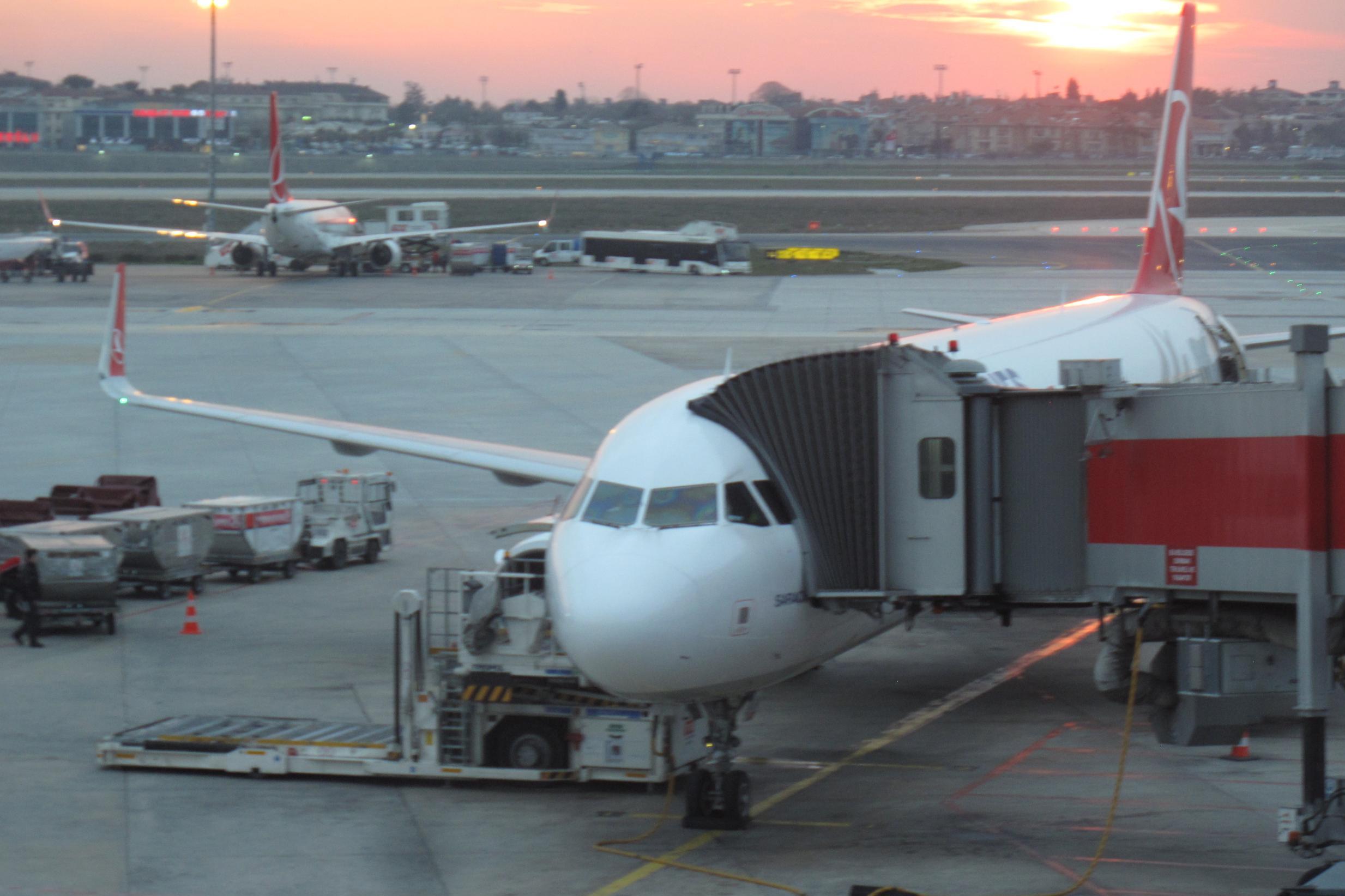Turkish Airlines: why companies should respect passengers' rights when they make a mistake
The Man Who Pays His Way: The cost to an airline’s reputation can far exceed the price of putting things right

Every passenger knows that every airline messes up now and again. In a complex industry with so much scope for problems, it is inevitable. Losing luggage is merely the tip of a very large iceberg.
What counts is how airlines put things right after things go wrong. A swift and generous apology can go a long way. But all too often, airlines fail to make amends until it is too late.
The most extreme example was provided last year by United Airlines. One Sunday evening at its main base, Chicago O’Hare, the carrier needed to offload someone so that flight crew could reach Louisville in order to operate the Monday morning departure back to O’Hare.
Airline staff selected Dr David Dao as the “victim”. But he had a ticket, a seat and an urgent need to get home. So he was disinclined to help United solve their crew-deployment problem.
At this stage the ground staff could have raised the “bump offer”, increasing the incentive until a volunteer was found who was prepared to take a later departure in return for a free flight or wad of cash. Instead, they chose to use force to remove (the chief executive’s unfortunate initial choice of verb was “reaccommodate”) the doctor.
The very same weekend easyJet decided to offload a London couple from their plane in Luton because it had sold more tickets to Catania than there were seats available. Again, a decent incentive to find a volunteer would have avoided the problem.
But even when they were walked off the plane and everyone else flew off to the sun, easyJet could have made amends simply by briskly following the European passengers’ rights rules to the letter. An alternative flight, if need be on another airline; hotel accommodation and meal vouchers as appropriate; and €400 (£360) each in cash compensation for being denied boarding. Instead, easyJet chose to ignore the EU’s stipulations until the couple contacted me.
One benefit of easyJet’s lax approach was that it inadvertently spread awareness of airlines’ obligations when they deny boarding.
John May, a charity executive from London, was fully aware of his rights when he turned up at Istanbul airport to board his homeward flight to Heathrow – only to be told by Turkish Airlines he would need to buy another ticket, price £250, because the computer insisted he had failed to turn up for the outbound departure.
Mr May could produce his boarding pass, recite the on-board menu (he ate the chicken, not the pasta) and show the Turkish passport stamp. The airline supervisor called Heathrow to check his story, only to be sent a screenshot that erroneously insisted he had turned up too late.
“I was told there was nothing I could do but buy a new ticket and file a complaint later,” he says. “I had a credit card with a high enough spending limit to whisk me out of trouble. Not everyone is in such a fortunate position.”
To pursue a refund once home, he produced supporting evidence including a GPS timeline of his progress to Heathrow and from Istanbul Airport. He even applied to Heathrow Airport for CCTV footage of him boarding the jet. Turkish Airlines continued to insist its computer was right and Mr May was wrong.
Only after he contacted me for advice did Turkish Airlines concede that an IT foul-up was responsible for its manifest failure.
“If I, as a relatively seasoned traveller, found the way I was treated at Istanbul Airport both frustrating and a little unnerving, then imagine how a vulnerable passenger, caught in the same situation, might feel,” Mr May says.
Airlines must acknowledge their fallibilities and empower staff to solve problems. When the media becomes the maltreated traveller’s last resort, the cost to an airline’s reputation can far exceed the price of putting things right.
Join our commenting forum
Join thought-provoking conversations, follow other Independent readers and see their replies
Comments
Bookmark popover
Removed from bookmarks